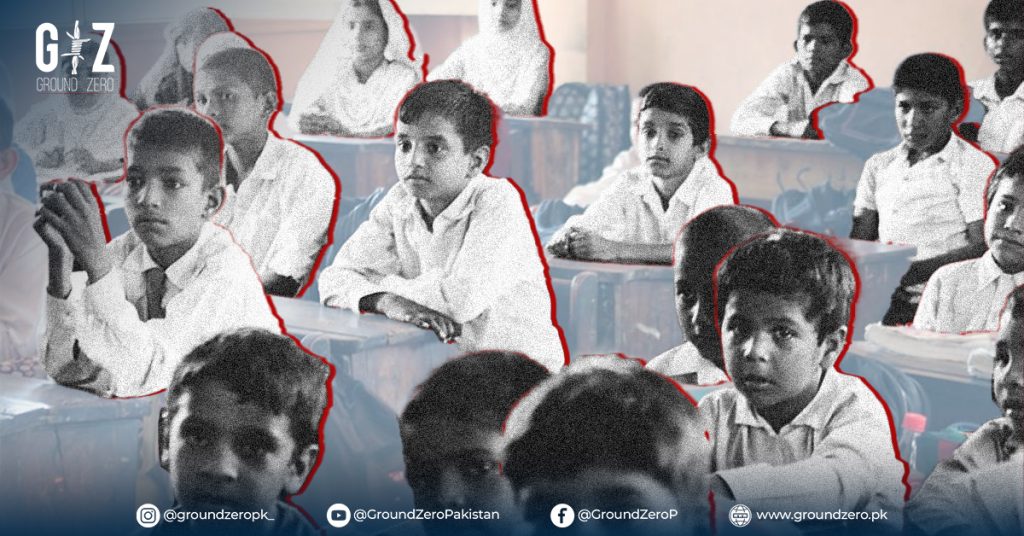Sindh Education Reform Failure: What Went Wrong?
Despite securing $75 million in funding from the Asian Development Bank (ADB), the Sindh Secondary Education Improvement Project (SSEIP) failed to deliver meaningful change. The project, which aimed to revolutionize secondary education in Sindh, is a clear case of education reform failure due to poor management and misallocation of resources.
Why Did Sindh’s Education Reform Fail?
The Sindh education reform failure can be traced back to a lack of accountability and mismanagement. The project was supposed to:
1. Build 160 new educational blocks.
2.Train teachers in science subjects.
3. Implement an automated grading system using Optical Mark Recognition (OMR) machines to eliminate corruption and enhance transparency.
However, most of the funding was spent on operational costs, vehicles, and repairs instead of reaching its intended educational targets.
For more insights on education reform, visit our Ground Zero Education Section.
Misallocation of Funds in Sindh’s Education Project
According to an investigation by Geo News, the ADB procurement report revealed that instead of improving education infrastructure, funds were misallocated as follows:
•$92,225 spent on vehicles.
•$9,931 on air conditioners.
•$26,371 on furniture repairs.
•$15,182 on generators.
These expenditures highlight the systemic failure in Sindh’s education reform efforts.
Check out ADB’s report for further details on project funding.
The Importance of Addressing Educational Reform in Sindh
With Sindh consistently ranking low in national education indicators, the failure to implement effective reforms has devastating consequences. Districts like Sujawal suffer from a lack of proper infrastructure and resources, leaving students without the support they need.
Learn more about the challenges of education in Pakistan in our related article on educational challenges.
Key Takeaways:
•The Sindh education reform failure resulted in wasted funds and delayed progress.
•An automated grading system using OMR machines was never fully implemented, and teacher training was incomplete.
•Proper accountability and transparency are needed to ensure educational development in Sindh.
Stay updated on the latest education developments at Ground Zero’s homepage.


